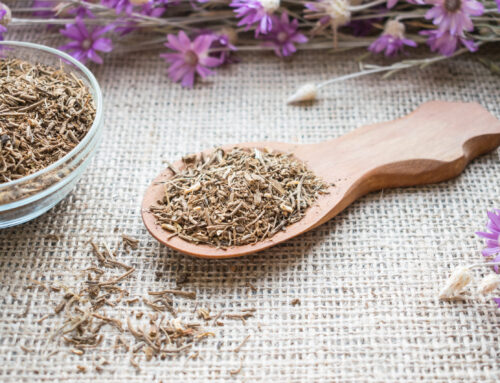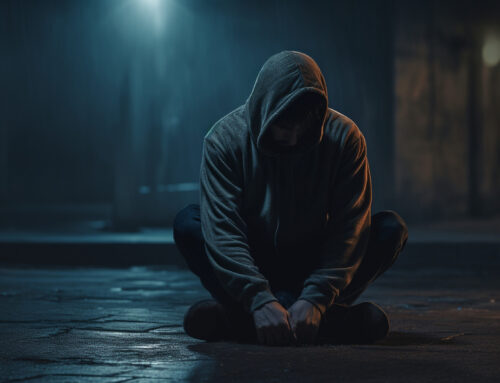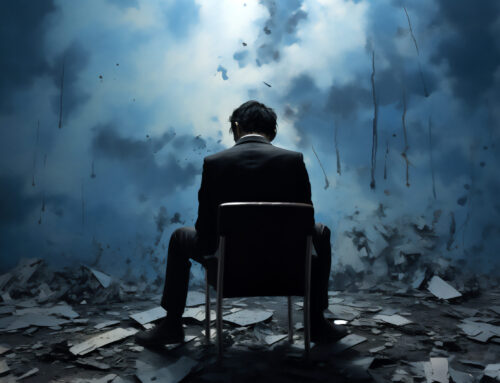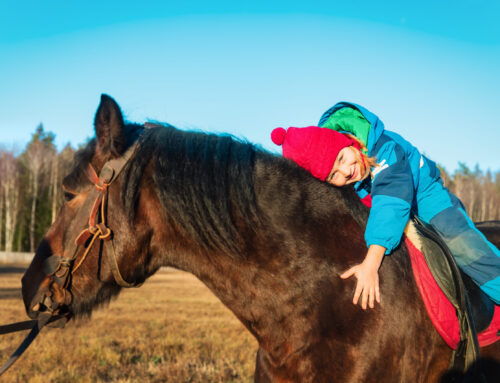 I’ve always considered myself a “late bloomer.” I have never had any real passions. I am not athletic, artistic, and I have come to acceptance I will never be an engineer for NASA. However, something changed inside me when I turned 40 last year. Something cathartic. Something that moved me to take action.
I’ve always considered myself a “late bloomer.” I have never had any real passions. I am not athletic, artistic, and I have come to acceptance I will never be an engineer for NASA. However, something changed inside me when I turned 40 last year. Something cathartic. Something that moved me to take action.
I am not the biggest fan when people say to others, “Don’t let this act define you.” “Megan, don’t let losing your mother to suicide define you.” My thought, how could that moment not truly define me? I carry it with me every day and think about it multiple times a day these 20 years. When I discovered my mother died, in that moment, I died too. I wasn’t the same person from that moment. Everything I thought I was, everything I aspired to be, died in that moment I found her. I had, and will forever, travel down the road of being reincarnated.
My “new” life has lead me to this moment. One thing I know with all certainty living through suicide, you can’t predict your own strength in and after tragedy. Uncovering this strength is part of my reincarnation. For me, it’s moving from the sideline to the middle. The sideline to the middle is where we increase humanity and where humankindness is born. This has now became both my catharsis and my passion.
I want to change attitudes about death. Not only living through suicide, death in general. More so, I want to change attitudes about others asking someone they love about their loved one that has passed. This wanes early on following death, and perhaps sooner, following complicated deaths such as suicide and murder. You aren’t ripping a bandaid off asking. It’s not as if we as survivors have forgotten, most likely, the most pivotal and poignant moment of our lives. That being said, ask us about our loved ones time to time. What we miss about them? What is our best memory? Perhaps, start by asking our loved one’s name. If we are that important, put their birthday and deatherversary on your calendar and reach out with a “Thinking of you today. I’m hear if you need an ear or shoulder.” Or, “How are you today vs how are you?” My passion now is to educate others, not only on the definitions of support and empathy, but what long term support and empathy look and sound like.
I’ll never forgot hearing a Sarah McLaughlin song shortly after my mother passed. The first lyrics of the song, “Hold on. Hold on to yourself. For this is going to hurt like hell.” Even today, 20 years later, these words are an understatement. Nonetheless, if there is an upside to living through complicated death, perhaps I have now found it in education. If your “best” is being silent. If your “best” is not acknowledging someone’s pain. If your “best” is saying, “tomorrow will better,” then I wish you growth in many, many ways. I say, there is room to do so much better.






Great piece Megan! Hope you are doing well. I imagine you are doing something powerful and influential.